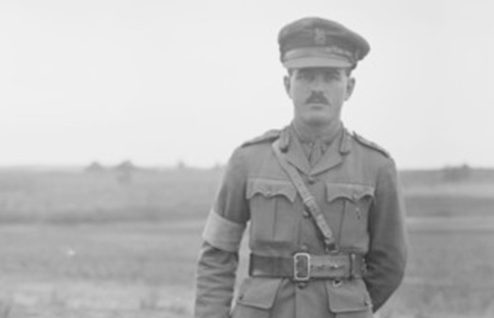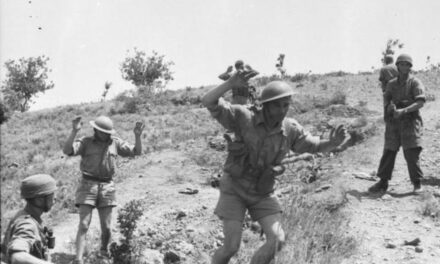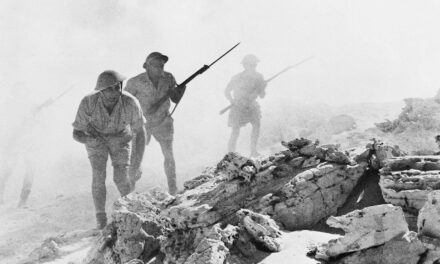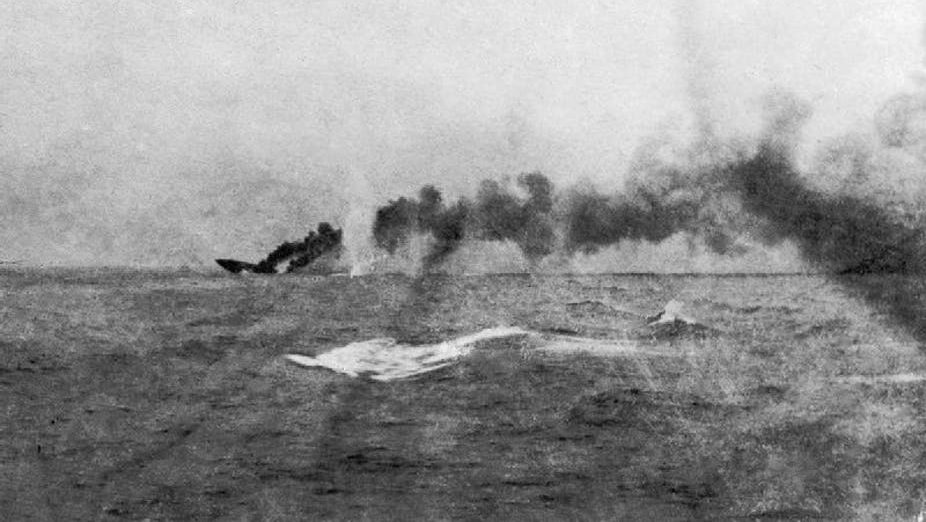An Australian Staff Officer who served his nation for 54 years from 1912 to 1966. Robert Nimmo was in the second intake to the newly raised Royal Australian Military College Duntroon when it was founded in 1912, and went on to serve in combat and staff roles in the Australian Light Horse Regiment through Gallipoli and the Desert Campaign. Staying in the military during the significant downsizing of the Army and the Great Depression.
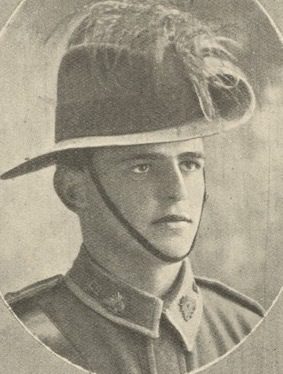
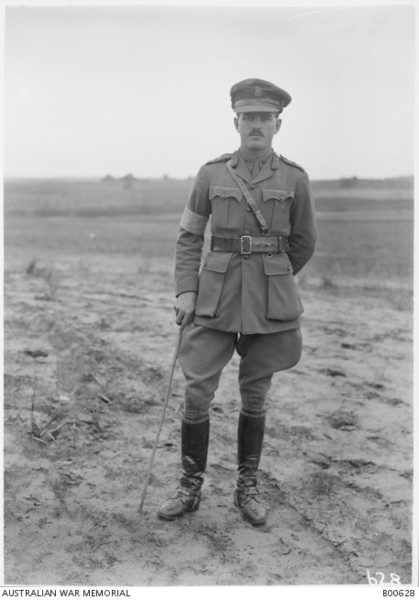
He was a cavalry officer at the start of the Second World War. He worked to develop armoured warfare in Australia before operating once more in Staff positions at the Regiment, Division, Corps and Army levels during the Second World War. He would go on to be the commander of the Australian contribution to the British Commonwealth Occupation Force, and gained service number 1/1 in Australia’s Interim Army, the precursor to the Modern Australian Army.
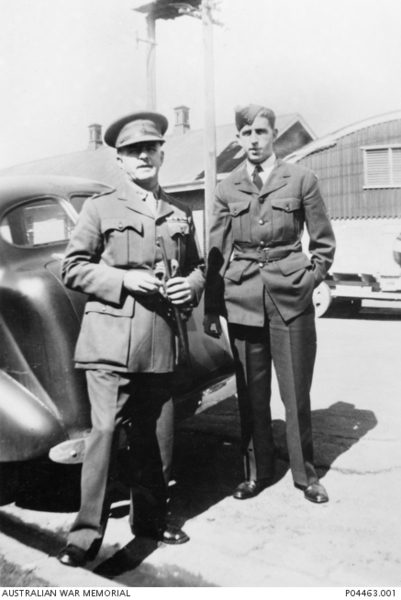
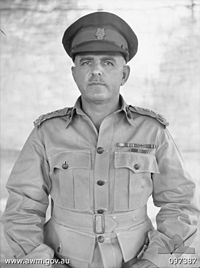
Despite serving in both World Wars, his greatest contribution would be the 15 years he would serve as the Military Commander of the United Nations Military Observer Group in India and Pakistan, and in doing so would become the longest-serving UN Peacekeeper Commander, and the First Australian to command a UN mission.

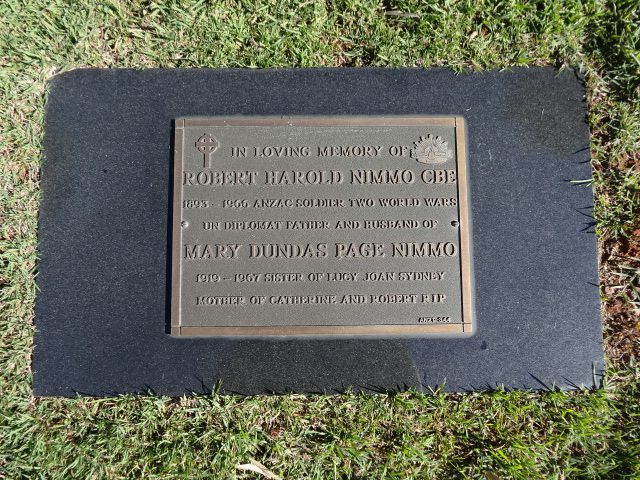
Only Death would bring an end to his service and he is the oldest eligible person to be included on the Australian War Memorial’s Roll of Honour.
This podcast episode is by Ross Manuel from the excellent I Was Only Doing My Job: Australian Military History podcast. This podcast series tells the stories of Australia’s Military History through the individual stories of those who served; where they grew up, what they did, and invariably what happened to them. Ross is working with History Guild to ensure these stories reach a wide audience.
Listen to the podcast
Articles you may also like
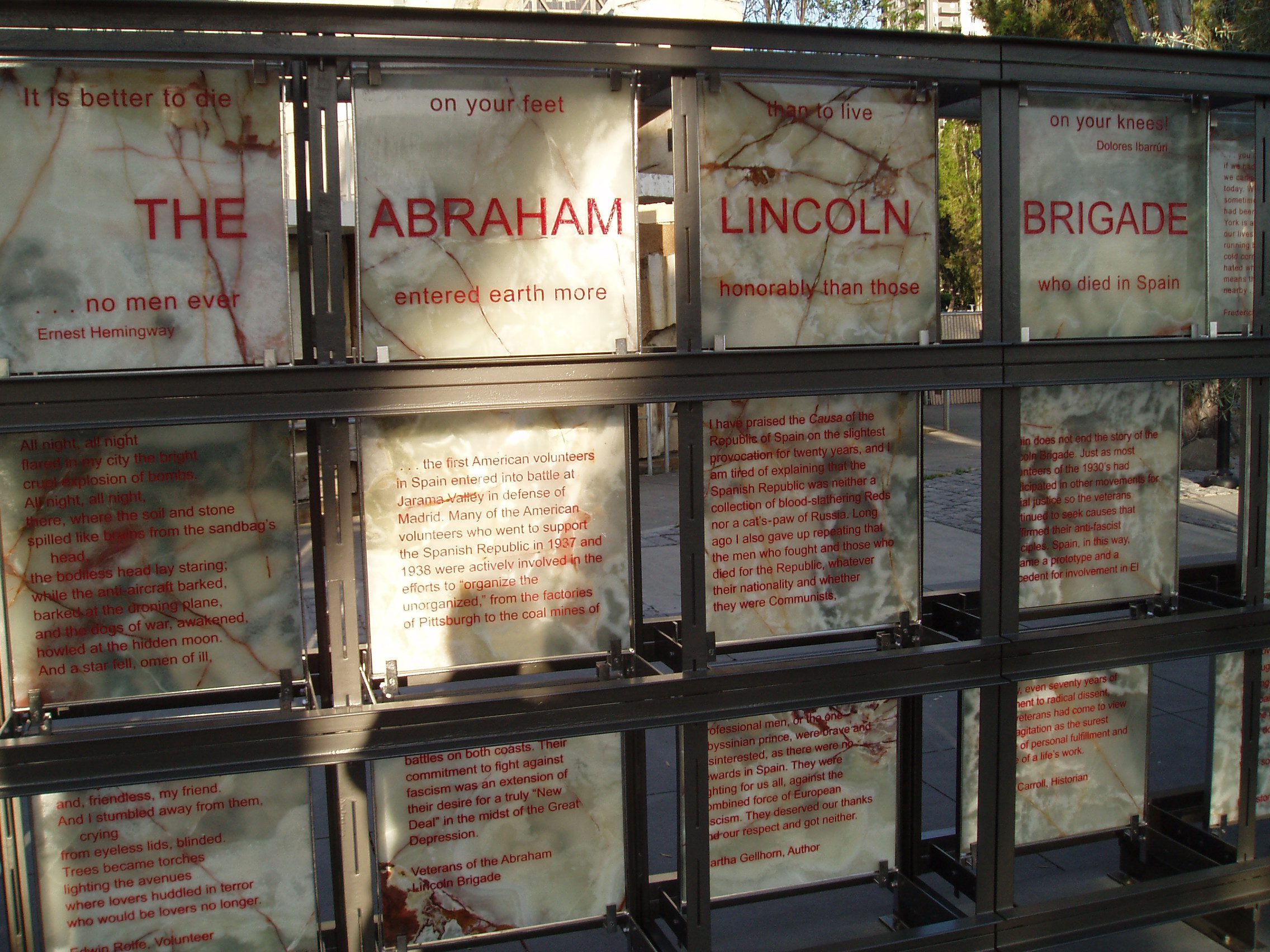
Spain’s Civil War and the Americans who fought in it: a convoluted legacy
Reading time: 9 minutes
Though the Spanish war did pit Spaniard against Spaniard, the conflict quickly became international. Within days of the onset of the coup, Hitler and Mussolini intervened on the side of the insurgent generals. Before long, the Soviet Union would come to the aid of the Loyalists, also known as the Republican forces, who supported the government.
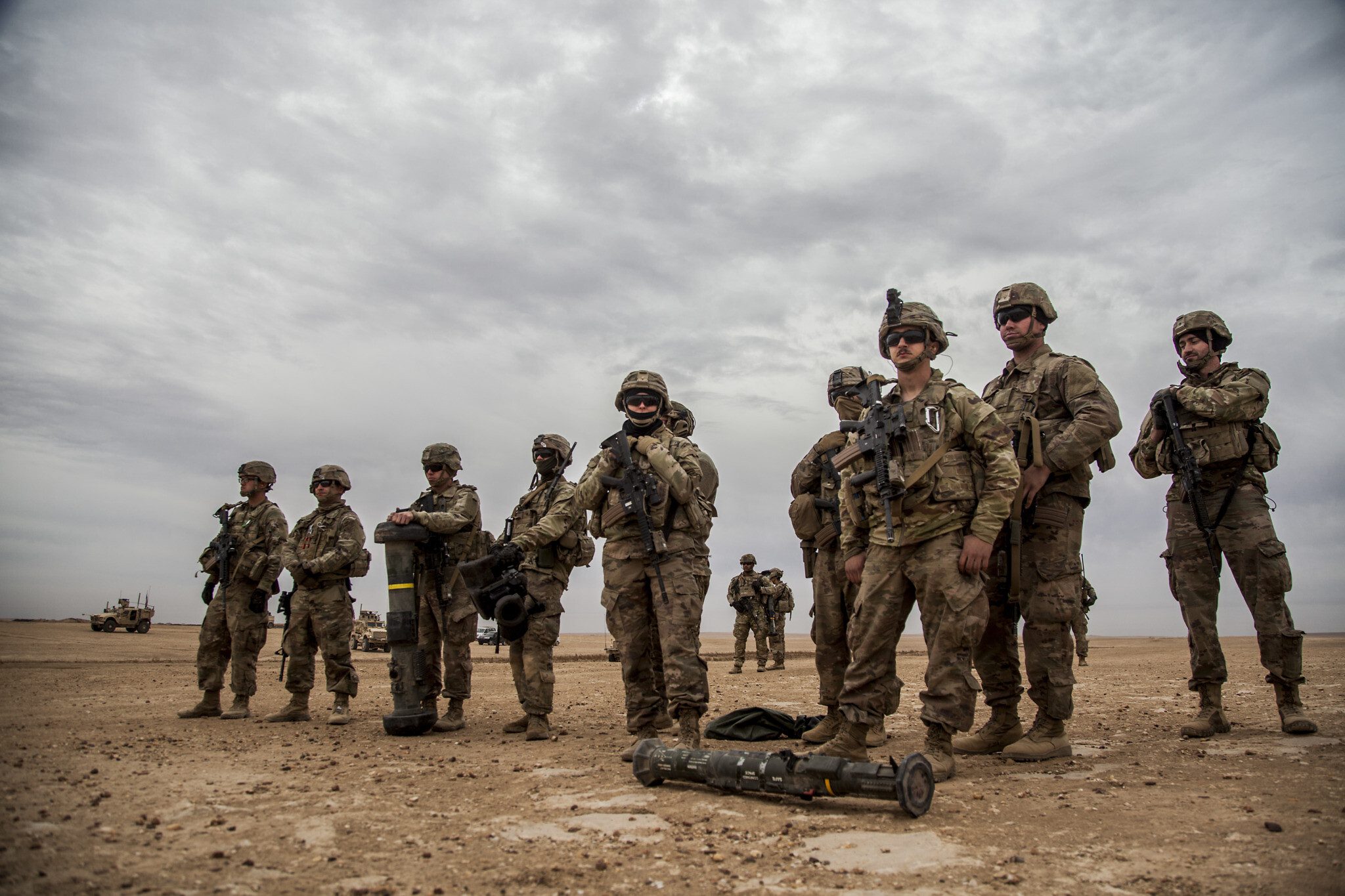
HISTORY AT WEST POINT: TEACHING CRITICAL THINKING TO FUTURE ARMY OFFICERS
Reading time: 8 minutes
A visit to the United States Military Academy confirms that history seeps from the granite foundations of West Point itself, perched high above the Hudson River, 50 miles north of New York City. Statues of Generals Dwight D. Eisenhower, George S. Patton Jr., and Douglas MacArthur greet students every morning on the way to their first class at 0730 (that’s 7:30 a.m.). Our most successful recruiting slogan—“Much of the history we teach was made by the people we taught”—explicitly refers to history. No surprise: armies have always wrapped themselves in the glory of the past.
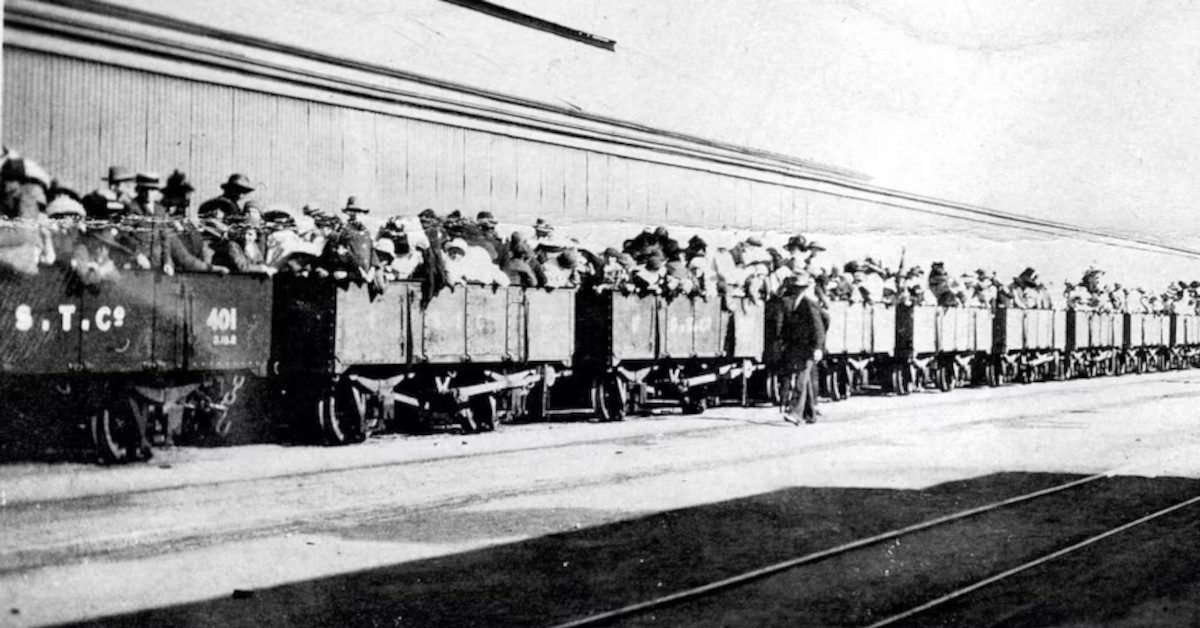
World War I in Broken Hill: a Turkish-Inspired Attack on Australia’s Home Soil
From August 1914 to November 1918, over 416,000 men served in Australian forces fighting the First World War, in theatres ranging from the Pacific to the Middle East and France. 60,000 died far from home in battles fought thousands of miles away. But soon after the war began, one of the few instances when the […]

